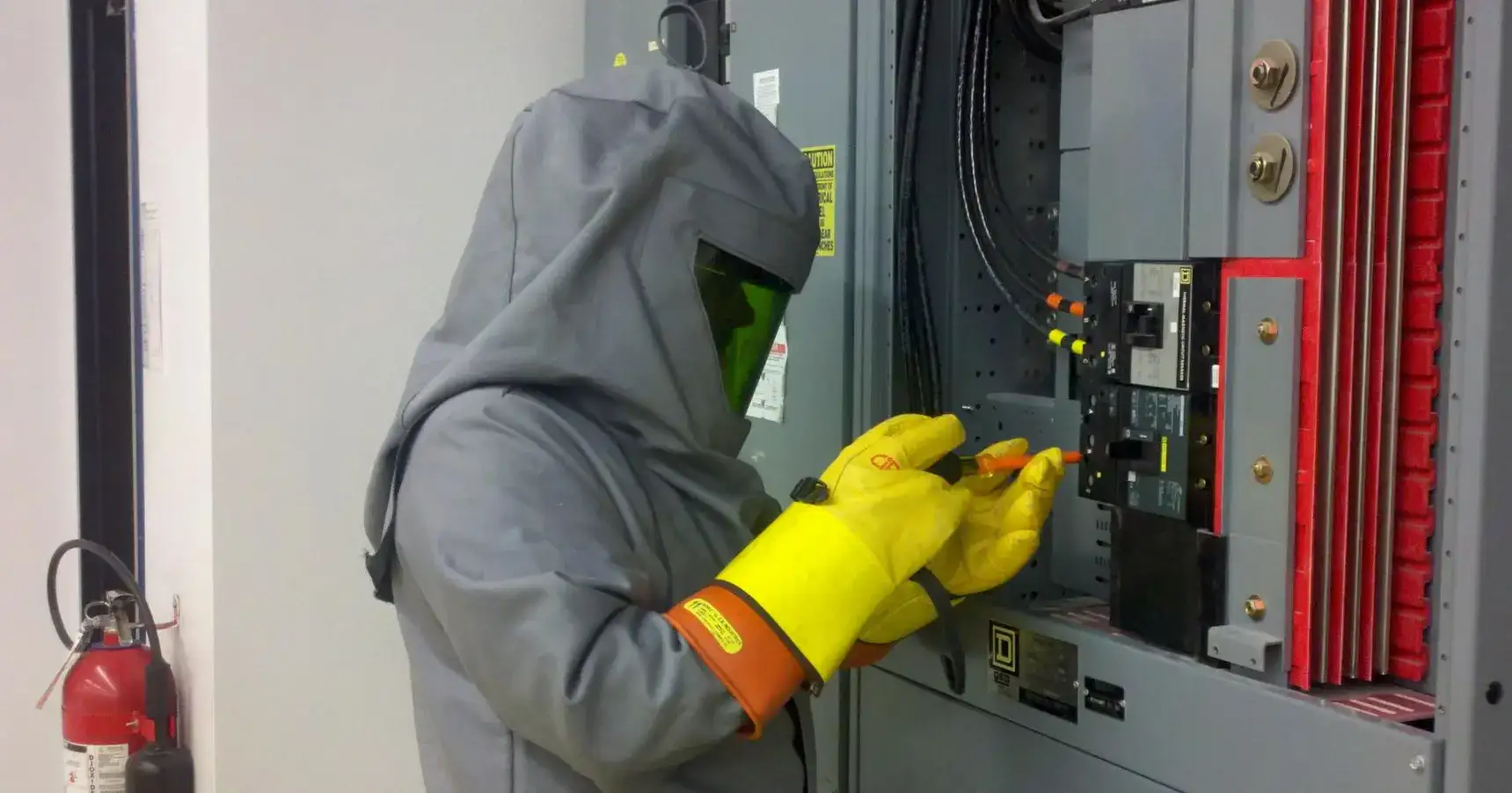Electrical safety is paramount to avoid serious injuries and damages in the project’s workplace. Almost all places have electrical hazards, excluding quite a few. People who work on electrical projects are not aware of the devastating results of electrical hazards. If a worker directly touches or is electrocuted with even a 15 amperes circuit, results in death! Engineers, electricians, and line workers are those people who are directly or indirectly linked with electrical work and are exposed to electrical hazards.
Continue reading, Let’s discuss electrical safety tips:
BE AWARE OF THE 10 ELECTRICAL SAFETY TIPS FOR THE WORKPLACE WHETHER YOU ARE WORKING ON A SMALL OR A BIG-SCALE PROJECT! HEALTH AND SAFETY COME FIRST AT ALL COSTS!
What are the Electrical Hazards on the work site?
The Health and Safety Board has stated that almost 150 accidents related to electrical hazards occur every year. Moreover, half result in very bad conditions. This board ensures that the projects and workplaces comply with health and safety regulations. It is also the regulatory duty of the people who work in these projects and workplaces to observe health and safety rules because their lives depend on them.
Following rules and regulations must be abided so that any mishap can be prevented
01. Prevent Direct Contact with Exposed Current
The most suitable way to ensure safety is to stay away from electrical equipment that can cause any sort of hazard. Inexperienced staff should distance themselves and should not access any equipment that has voltage levels greater than 50V. There should be no unprotected wires in the work areas and a safe distance must be maintained.
02. Use Lockout/Tagout systems
Live and unprotected electrical equipment and wires should be neutralized before any work on them or near them is authorized. Accidents can be prevented by applying tagging and locking various equipment mentioned in the SOPS of the company.
Additionally, exposed electrical wires must be de-energized before starting work near them. It is essential to take precautionary measures by locking the electrical energy.
Also, do not forget to follow the lockout and tagout policy to isolate electrical energy systems or small parts. These Lockout or Tagout policies exist to secure workers from electrical issues while performing servicing.
03. Safely Use Electrical Equipment
You also need to ensure the safe use of electrical equipment to guarantee everyone’s safety at the work site. For this reason, workers should handle the equipment properly. How can they do it?
- First, unplug the cords by pulling on the plug head
- Second, your cords must not be pressed or overstretched.
- Do not bind cords with staples
- Do not hang electrical materials from cords.
- Inspect cords and plugs regularly for any potential defects. In case, if you find any defect, do not use it.
04. Install Proper Physical Barriers
Installing proper physical barriers is the best way to protect workers from electrical emergencies. Make sure to keep checking on the electrical panels, they must be closed all the time. Secondly, the panels must not have holes inside them so that the worker is not closely intact with exposed wires. For some reason, if it is not closed, then use shields, barriers, or insulating materials.
For instance, if someone is working carefully on the panel open then make sure that physical barriers are used to prevent others from entering. The companies can use signs boards to prevent Electrical hazards!
05. Beware of Conductive Tools
If you know that some room or area is exposed to electrical hazards then do not use conductive tools. No matter what, always assume that electrical wires or parts are alive. Especially, when you are cleaning the area, these types of things require more caution.
For example, liquid cleaning materials are electrically conductive. Make sure to keep them away from the electrical exposed parts and tools.
06. Use Extreme Caution with Flammable Materials
The electrical tools which you use may cause sparks so make sure they do not come in contact with flammable materials. It can be vapours, gases, or dust. Make sure to use lockout and isolate electrical energy sources when flammable materials are used.
7. Electrical Shock Can Be Deadly!
As a professional electrician or an ordinary employer, always keep one thing in mind electrical parts are live. Treat them like that as a precautionary measure and assume that it can only hurt you.
8. Look at top Electrical Lines
When you are working on-site, look above for electrical lines. Because in some places it is expected that live electrical tools and parts are above the floor level. Additionally, you can only access them with the help of a ladder. To prevent electrical mishaps, you can keep a distance of 10 feet away from the exposed lines.
9. Only experienced professionals work with Live Electrical Wires
Only work if you have practiced or have experience working with electrical wires. It needs proper training on how to save yourself from electrical hazards. Live electrical hazards should only be managed by experienced workers.
10. Always Follow the Company’s Safety Practices
Every electrical company has its own set of rules about electrical safety measures. It depends on what type of electrical work is required. so make sure to follow the company’s rule to keep yourself and others prevented from any mishaps!
FOLLOW OUR INSTRUCTIONS AND SAFELY COMPLETE YOUR ELECTRICAL PROJECTS WHETHER THE WIRE OR CORD IS EXPOSED! CONTACT OUR TEAM FOR FINANCIAL PLANNING!
Final Words!
To sum it up, electrical safety is the top factor that needs to be prioritized while working on the electrical project. Follow our 10 safety tips to prevent mishaps on the working site. In case of any financial issues, you can consult our expert electrical estimators to estimate all materials, labor, and overheads. Seeking professional help is the only solution that can help you achieve desired results either in working with live electrical wires or estimating them!

